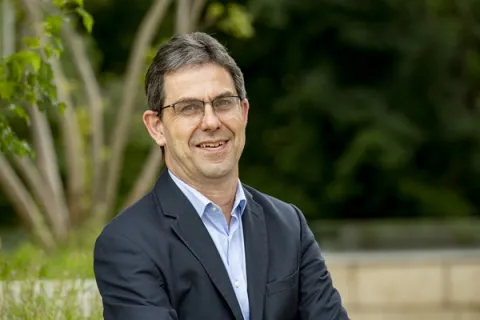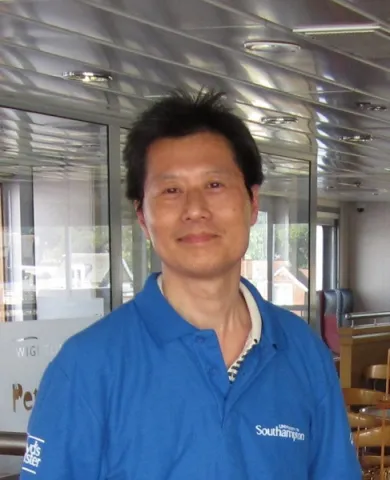Project overview
The Centre for Sustainable Travel Choices (CSTC) was a partnership working with the City Council and the wider region to promote local sustainable travel, walking and cycling, whilst suppressing private car use. The project continued on from the collaborative work originated through the Local Sustainable Transport Fund, with TRG leading on the monitoring and evaluation of physical interventions and travel behaviour change, as well as advising and supporting Southampton City, Eastleigh Borough and Hampshire County Councils in developing an active travel culture that enriches lives, provides realistic travel choices, and tackling the pressing air quality problem in the region.
Significant progress has been made on encouraging modal shift along the major ‘cycle-to-work’ corridors as promoted through the DfT Access Fund, complementing the now established city-wide cycling freeways and quietways in the Southampton Cycle Network (SCN), and in preparations for ‘Active Travel Zones’ that were expected to be established in St. Denys, Portswood and the Polygon (around Bedford Place) among others.
Support was also provided to Southampton City Council’s development of their Green Transport Recovery Plan, following the outbreak of Covid-19 and the effects this had on people’s travel movements and subsequent mode shifts. The partnership’s focus later moved towards projects associated with the DfT’s Transforming Cities Fund in ‘Connecting Southampton’, which included:
(1) the development of ‘rapid bus corridors’ linking Southampton with Hythe and Totton to the West, Bishopstoke and Eastleigh to the North, and Woolston, Thornhill and Bursledon to the East;
(2) a ‘Park and Ride’ scheme close to the M271 in the West, providing services to Southampton General Hospital and (at weekends) into the City Centre; and
(3) an enhanced multi-modal interchange at Southampton Central Station.
The CSTC also led the monitoring and evaluation of projects associated with the Future Transport Zone in the wider Solent Transport Region, which started towards the latter half of 2020, including Mobility-as-a-Service (MaaS) trials, Growing ‘Solent Go’ and Breeze app, e-Scooter trials, and bike (and e-bike) share schemes.
Significant progress has been made on encouraging modal shift along the major ‘cycle-to-work’ corridors as promoted through the DfT Access Fund, complementing the now established city-wide cycling freeways and quietways in the Southampton Cycle Network (SCN), and in preparations for ‘Active Travel Zones’ that were expected to be established in St. Denys, Portswood and the Polygon (around Bedford Place) among others.
Support was also provided to Southampton City Council’s development of their Green Transport Recovery Plan, following the outbreak of Covid-19 and the effects this had on people’s travel movements and subsequent mode shifts. The partnership’s focus later moved towards projects associated with the DfT’s Transforming Cities Fund in ‘Connecting Southampton’, which included:
(1) the development of ‘rapid bus corridors’ linking Southampton with Hythe and Totton to the West, Bishopstoke and Eastleigh to the North, and Woolston, Thornhill and Bursledon to the East;
(2) a ‘Park and Ride’ scheme close to the M271 in the West, providing services to Southampton General Hospital and (at weekends) into the City Centre; and
(3) an enhanced multi-modal interchange at Southampton Central Station.
The CSTC also led the monitoring and evaluation of projects associated with the Future Transport Zone in the wider Solent Transport Region, which started towards the latter half of 2020, including Mobility-as-a-Service (MaaS) trials, Growing ‘Solent Go’ and Breeze app, e-Scooter trials, and bike (and e-bike) share schemes.


